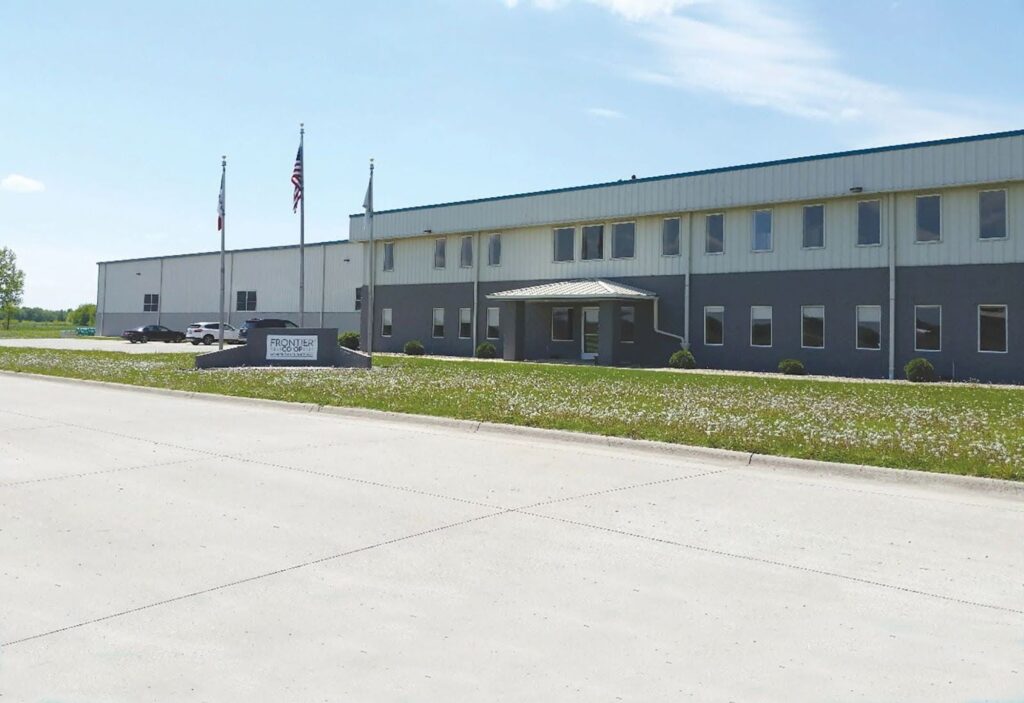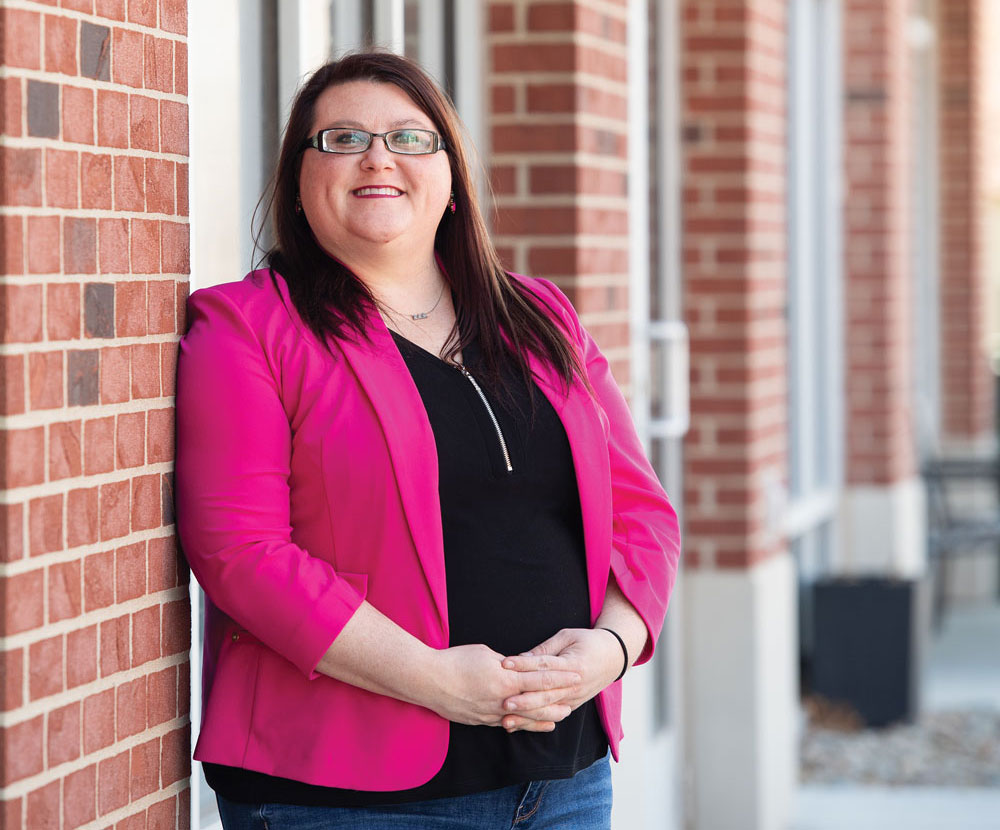Keeping talent in Greater Des Moines: Leaders offer ideas to stem brain drain

PERRY BEEMAN Aug 19, 2016 | 11:00 am
9 min read time
2,087 wordsBusiness Record Insider, Economic Development, HR and Leadership, Lift IOWAWe all talk about how to keep graduates of Iowa’s colleges and universities in the state. There are all kinds of internships, incubators, accelerators, mentorships, signing bonuses, added perks, flexible hours.
Some universities take pride in the percentage of their graduates who stay in the Greater Des Moines area. But the Greater Des Moines Partnership, the Technology Association of Iowa, the colleges and universities and others still work hard to keep workers here. In technical fields alone, there can be 54 jobs out there for every qualified candidate.
We decided to push the issue by asking a handful of local leaders to answer this not-so-simple question: What one thing can Iowa do to help keep Iowa college and university graduates in the state?
You’ll notice something of a pattern here, with a number of speakers noting that Greater Des Moines is holding on to more young professionals these days, but adding that we can build on that success, especially in technical fields.
Here, with slight edits for style and space, are their responses. Some offered a couple of ideas — which is great. Hey, we’re here to learn.
Kent Henning, President, Grand View University
Use internships, community engagement to paint a picture
Give students an authentic picture of what their careers and lives in Iowa will look like through internships and community engagement. More than 90 percent of Grand View graduates, including 60 percent of out-of-state students, remain in Iowa after graduation. Nearly all of our graduates have had internships or some other form of workplace experience as a part of their education. We also connect our students with the Des Moines area through community service, and we help students take advantage of the area’s cultural and entertainment amenities. By the time they graduate, our students have a good picture of what their careers and lives in this area will be like. Central Iowa sells itself. While this is easy for our students, because we are located in Des Moines, there are ways to replicate these experiences for students from outside the area.
A second thing: Iowa could set itself apart a bit by allowing employers to offer student loan repayment benefits as a “sign-on” incentive and exempt that benefit from state income tax.
Explanation: Currently, the first dollar of such a “signing bonus” would be subject to federal and state income taxes. If an employer offers tuition benefits to its current employees, however, the first $5,250 of those tuition benefits are exempt from taxes. It only seems fair to extend a similar tax break if employers are willing to assist with the educational expenses of their employees who completed their education prior to employment. Recent graduates will respond very well to employers’ assistance with student loan relief; enacting a tax break will help encourage employers to offer such an incentive.
Mary Bontrager, Executive vice president of regional workforce development/education, Greater Des Moines Partnership
Start recruiting early
Greater Des Moines has reversed what has been referred to as the “brain drain” in our region. Since 2000, our population in the Greater Des Moines Metropolitan Statistical Area has grown 29.4 percent and outpaced many surrounding Midwest metros. With our fastest growing age demographic being that of 25- to 34-year-olds, we are now a net importer of young talent.
One thing we all can do to further this trend is to start the recruiting process early by establishing ongoing relationships with our students, beginning as early as elementary school. Partnering with our K-12 schools, businesses can enhance the learning experiences of our future talent by helping to shape curriculum content relevant to the workplace and providing career exploration opportunities. From opening their doors for field trips, job shadows and internships to collaborating with educators on project-based learning activities and externships, business can have a profound impact in ensuring our students graduate from high school career- and college-ready. Through these relationships, our students will be better informed as to available and in-demand careers that fit their interests and skills, and where the opportunities exist in Central Iowa — ultimately improving their chances for success. We can also help them better understand the investment they are making in their postsecondary choices, and what is on the back end of that choice in regards to hiring, career growth and earning potential.
Once the students enter postsecondary education, we must continue to nurture the relationships by providing meaningful internships or part-time jobs. National data show that 51.7 percent of internships convert to full-time positions and therefore must be a part of our companies’ overall attraction strategy.
Building a long-term relationship strategy with our students is critical to helping Greater Des Moines businesses attract the talent they need, and aligns with the goals of Education Drives Our Greater Economy, an initiative that is powered by the Partnership after being formed as a result of Capital Crossroads. EDGE is focused on ensuring that 75 percent of Central Iowa adults have postsecondary certificates, credentials or degrees by 2025 that align with workforce needs.
Anthony Paustian, Provost, Des Moines Area Community College West Campus
Publicize Greater Des Moines’ status as cool and hip
When we first opened the West Des Moines campus of DMACC as a technology-focused facility in 2001, my answer to this question would have been to bring in some mountains and an ocean. However, I honestly believe that the brain drain has since slowed tremendously, and the real problem now is twofold. First, how do we continue to encourage more young people into STEM-focused fields when first entering college? Second, how do we recruit people from outside of Iowa for the wonderful lifestyle and great jobs we have to offer, people who already have the skills companies are seeking? The Des Moines metro is a very different place today than it was back when the West Campus first opened, and for young people it’s actually become a pretty cool and hip place to live. I believe our current challenge is to continue what the Greater Des Moines Partnership has been doing for years now in trying to make Des Moines and Central Iowa less of a secret to the rest of the country.
Mike Colwell, Executive director, Square One DSM
Help pay student debt
Student loans are the main topic I hear from young college graduates. Iowa could reward new graduates who stay in the state by providing an offset or credit for their student loan debt. The debt load carried by new college grads is limiting the ability of young people to buy homes and cars, save for retirement and even consider families. Their monthly debt payments in many cases exceed their rent payments. If our youngest workers cannot fully engage in the local economy, the community will suffer.
Debi Durham, Director, Iowa Economic Development Authority
Nurture thriving industries
Iowa’s college and university graduates will stay in Iowa as long as we have thriving industries that offer career paths that allow them to use their education, find their passion, grow in their careers and provide for their futures. Couple that with the many communities in this state — both large and small — that can boast a quality of life that is second to none, and our state can make the case that building a life in Iowa is the best path forward.
Kirk Bjorland, President and CEO, Iowa Innovation Corp.
Paid internships
Promote collaboration between educational institutions and the private sector. Educational institutions win because their students receive hands-on experience. Students win by gaining valuable experience in the workforce and begin to build an employment network. The state of Iowa wins by students being exposed to all the great companies and innovations here in our own backyard.
David Fisher, Consultant
Encourage business expansion
The key to retaining college and university graduates in Iowa is to have a business environment that allows current enterprises to expand and at the same time attracts new businesses to locate in Iowa. This means having a fair and reasonable tax structure for both businesses and individuals and at the same time keeping business and personal regulations at a minimum. This allows businesses to grow and prosper without burdensome and unnecessary costs to comply.
With a business environment of reasonable taxes and regulation, the business sector will grow and be able to pay competitive salaries.
Also, businesses need to have programs with our universities that allow the young graduates to continue their education — e.g., master’s’ degree programs — with evening and weekend classes. Business should also offer programs to help fund these graduate programs. I believe the universities in Iowa are doing an outstanding job in this area.
All of the above ideas create a quality of life with a reasonable cost of living that will entice the best and brightest to be Iowans. The arts and cultural opportunities also play a big role in the decision-making process of the graduates.
Research shows that Iowa graduates want to stay in Iowa or return to Iowa if the business and personal environment is right. Also, there are studies that show a large percentage of nonresident graduates stay in Iowa because they like our quality of life and opportunities for them to grow in their professional and personal life.
Expose our students and youth to the opportunities that exist in Iowa.
Kristin Failor, State director for Iowa, National Federation of Independent Business
Offer good pay, benefits
Career opportunities that pay well and have good benefits are what would keep our young Iowans in the state. Career security upon graduation is key in where our young people locate. If the only place they can find work in their career field is outside the state, then that is where they are headed. If there are good-paying, high-quality jobs locally, then they will stay here. Our state resources should be aimed at helping the employers by allowing them to grow and expand their business rather than dictating how they should run their businesses. Creating a positive business environment in Iowa is key. Employers then will have the freedom to hire and retain Iowa graduates in a vast array of fields.
Angela Franklin, President, Des Moines University
Connect graduates with local businesses
As the chairwoman of the Greater Des Moines Partnership’s Regional Workforce Development/Education Board, I would point out we have had success as a community in keeping our young talent in our local workforce. We have grown in population in recent years, and as a region we have successfully attracted and retained young professionals in our community. This is a testament to both the job market that exists here and the vibrant quality of life that our community offers.
That said, one thing I think our community can be even more intentional about is offering opportunities for students to connect with local businesses.
As president of a graduate and health sciences institution, I see how transformational clinical experiences are for our students. The more opportunities for our students to train in Iowa health care facilities, the more they grow their networks and are inspired to stay in Iowa.
Iowa could and should increase opportunities for all graduates by expanding internship, training and service-learning opportunities so that the “engaged learning” experiences translate to an eagerness to continue to grow and develop here.
Lifting the burden of student debt is another opportunity. We’ve partnered with the state to offer a couple of innovative loan repayment programs, including Iowa’s Health Professional Recruitment Program. Through a combination of state funding and money from communities in need of health care providers, this program can reduce student debt for graduates making a commitment to practice in rural Iowa. We also have partnered with the Iowa Academy of Family Physicians and have been very successful with a forgivable loan program for those graduates in our physician assistant and doctor of osteopathic medicine program interested in a rural Iowa practice.
Katie Roth, President, Aureon Staffing
Develop mentoring programs
Colleges and universities need to develop a mentor program with businesses and organizations across the state to pair students with mentors in their majors. This should be done freshman year, and mentors and mentees need to meet monthly, either in person, by telephone or on Skype. The program can be open to any student but focus should be on fields that are critical to Iowa’s long-term success (STEM, for example, although not limited to that). Mentors need to bring students into their organization, help them find internships or summer jobs, and be there for advice and counsel. Mentees can either be identified by the admissions staff or apply and be committed. It’s well worth keeping the best and brightest in Iowa.










